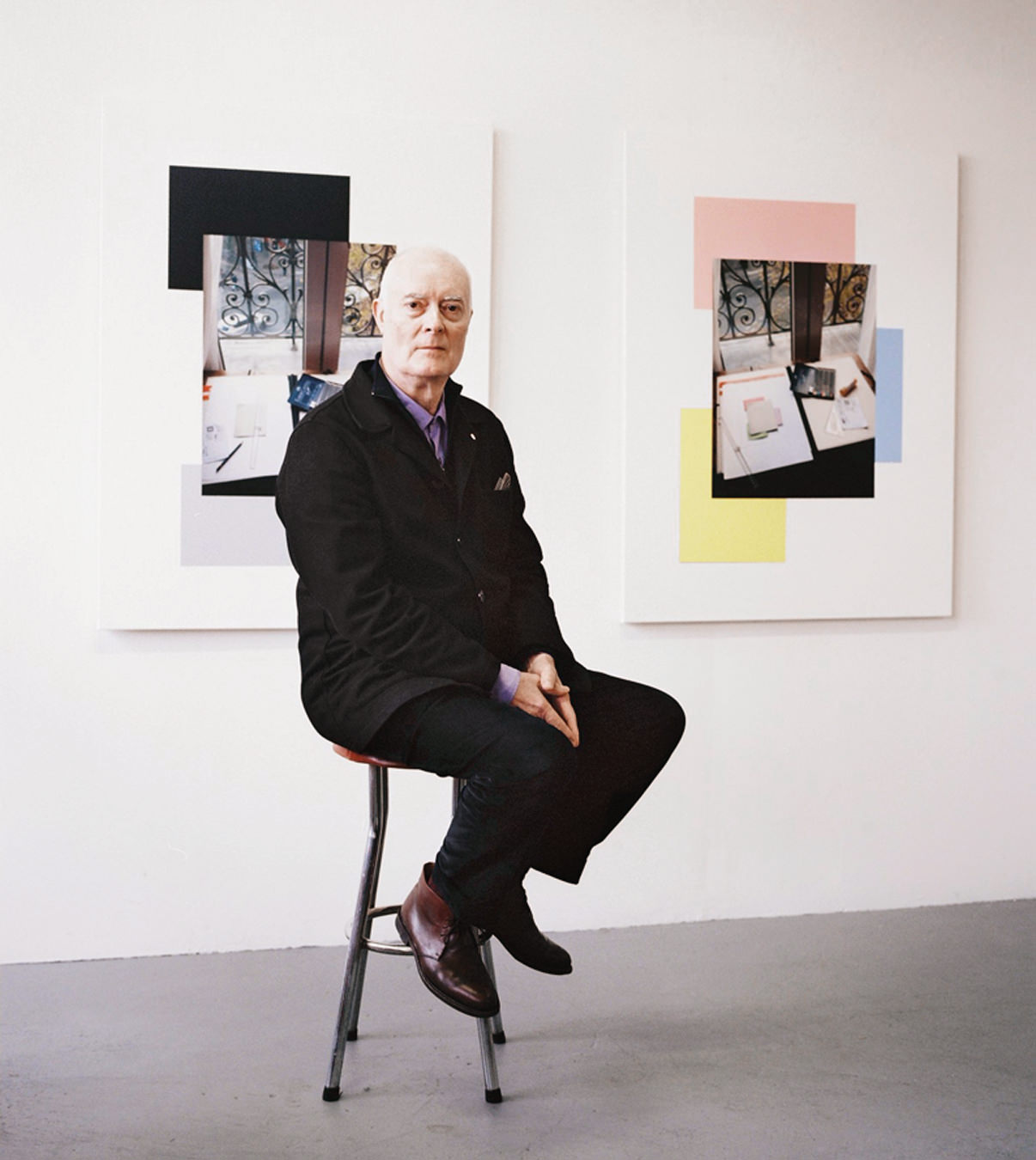Micheline Maylor
In NUVO’s poet laureate series, we speak with current poets holding the title as of 2016 for Victoria, Calgary, Edmonton, Charlottetown, Halifax, the Yukon, and Canada’s parliamentary poet laureate. Below, words from Calgary’s Micheline Maylor.
Calgary’s third poet laureate is Micheline Maylor. A professor of poetry and creative writing at Montreal’s Mount Royal University and an editor of poetry, Maylor discusses how being named poet laureate has changed the way she teaches.
What endeavours have you taken on since being named poet laureate?
So far, I’ve helped open Alberta Culture days, spoken with and before the mayor, and acted as a teacher and mentor. One of my favourite things so far has been to work with Calgary’s poverty reduction strategy team and to speak with people engaged in the arts who are also the most destitute members of society. Another was the Walrus Talks, in which I spoke about why poetry matters as a value added in our society. It is also, in my opinion, a chance to be a mentor to girls and women and say, “Yes, success is for you.”
How has being laureate affected your engagement with your community?
Being poet laureate is a unique opportunity to engage with the community about arts and culture, but not in the way I thought. Arts and culture affect all culture in a city, from street artists and performers, to operatic galas and presidential balls. I’ve learned that art and poetry are the universal languages of a harmonious, diverse, and engaged culture. Pervasive arts and culture is a privilege of a flourishing and healthy society—if you think back to the cultures that made things that museums now hold as dear and cherished, it’s the artifacts of the artisans. Much like those artisans, poets were, and continue to play, an important role in creating art to be cherished by future generations. So, to be a part of that is to be part of a long tradition of humanism, education, and healthy society. It is a tremendous opportunity, especially on the street level, people-level connections.
How do you feel the position has changed since its historical meaning and its tie to royalty?
Now, I think—I hope—it is an agency of social change, one that we can use for the betterment of society. So, I think of Shane Koyczan, for example who speaks about bullying and who is an activist. At one time the king or queen could have had you held in the tower for something so socially critical. So, the position has evolved for the better. It is important to have a laureate, an artistically aware voice that can both push and honour the establishment, the landscape, the times, and yes, all of those things are possible at one time.
The great Irish poet Seamus Heaney claimed that poetry is a way of “raiding the inarticulate,” it is a way that we express what we see as beautiful, horrible, or puzzling and to try to make sense of it through language. I write the poetry of my experience, in all of its diverse forms.
Before the Dark
Its penciled pages a Rosetta stone
a daughter forgets her diary.
Home from school today
the little book calls to me.
Holds the language of the other.
On the cover, Sun breaks the spell:
A mother must set herself beyond
desire for secrets, beyond the thrill
of necessary gravity between them, like planets.
Sun must slink darkward before the clock
tells a story that begins with the words,
a mother has betrayed her child, her lock.
(“Before the Dark” by Micheline Maylor from michelinemaylor.com)
To meet other poets laureate, click here.




